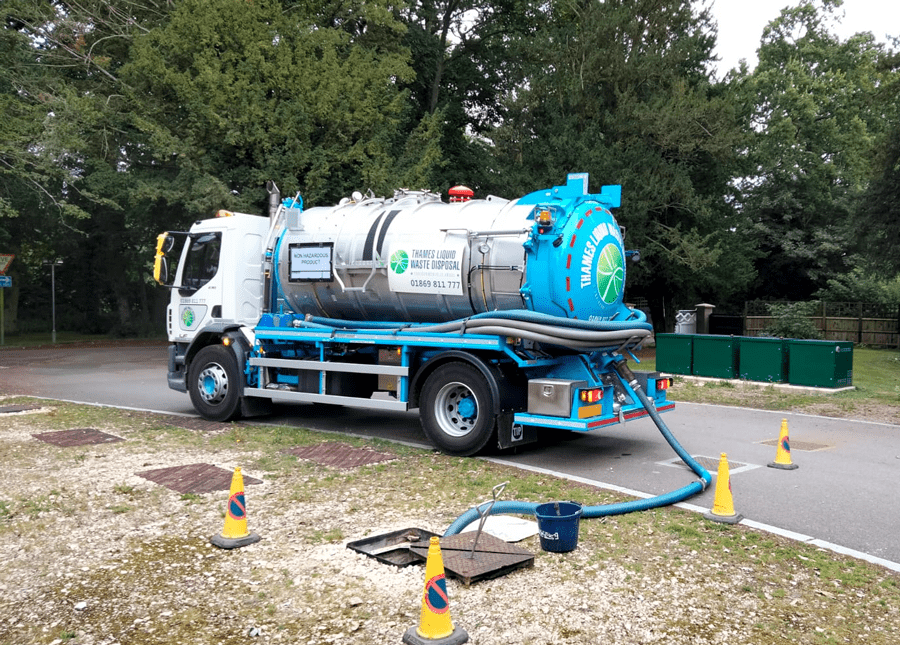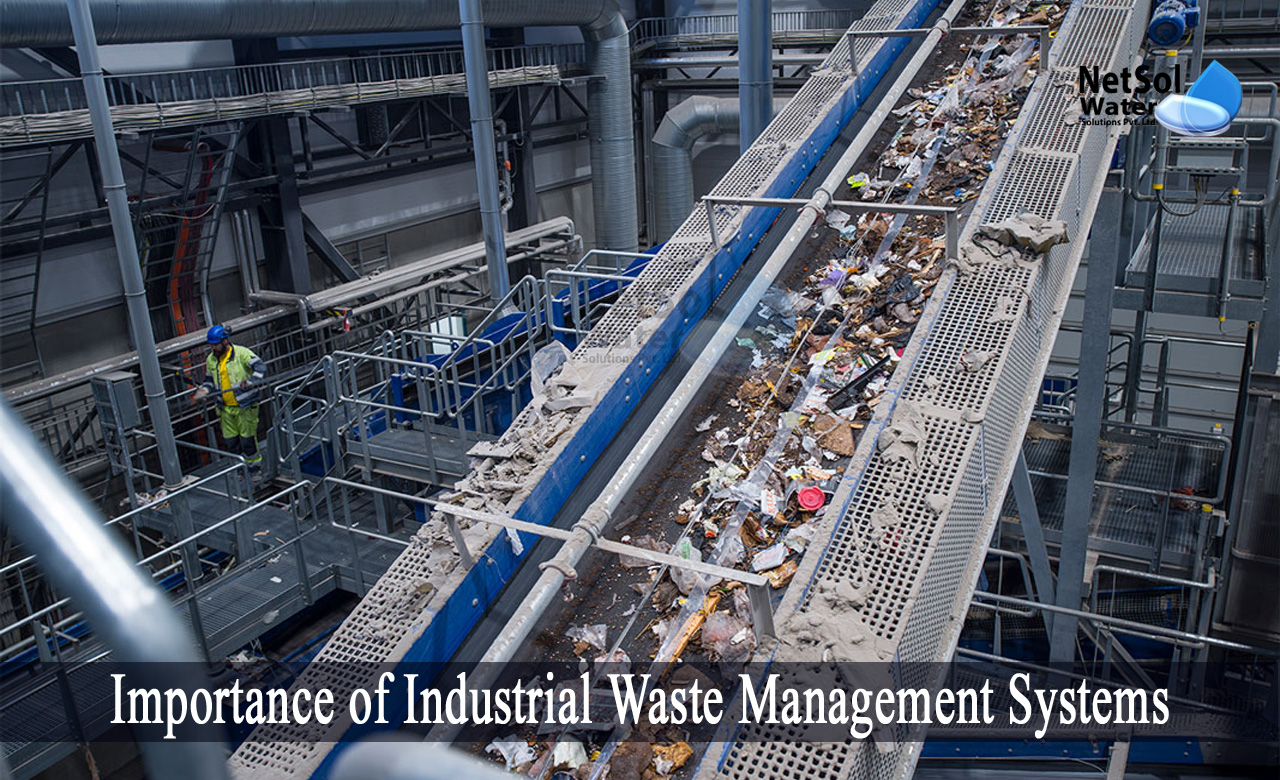What Does Reclaim Waste Mean?
Table of ContentsSome Known Details About Reclaim Waste Getting My Reclaim Waste To WorkSome Of Reclaim WasteFacts About Reclaim Waste RevealedExamine This Report about Reclaim Waste
Check out the types, incidents, and types of liquid waste. Domestic sewage waste refers to the waste and items from a domestic septic system. This type of waste is created by humans in residences, colleges, and various other structures. This only includes septic systems that have a drainpipe field. The appropriate management and disposal of domestic sewage waste require fluid waste to be transferred to a sewer therapy plant where the appropriate approaches and tools are put on cleanse and dispose of waste.
Commercial waste often includes potential dangers, such as flammable products or a mixture of liquid and strong waste items, and requires a much more innovative and thorough disposal process. The disposal of commercial waste generally includes the filtration of waste prior to transport to make sure risk-free and appropriate disposal. Hazardous waste is produced from byproducts and overflow of commercial procedures and manufacturing.
This sort of waste can not utilize the exact same sewer administration transportation or processes as septic or business liquids. The hazardous waste monitoring procedure calls for the evaluation and testing of liquid waste before it undertakes the disposal process (industrial wastewater treatment). Overflow waste is the fluid waste that comes from overflow and excess stormwater in highly populated areas or cities
Overflow waste can trigger contamination and flooding if not taken care of correctly. Discover more concerning sewer cleansing and waste administration. Making sure proper waste monitoring can protect against calamities and minimize ecological damage. Both individuals in property settings and professionals in business or production industries can benefit from recognizing the processes and laws of fluid waste monitoring.
Not known Details About Reclaim Waste
Call PROS Solutions today to discover our waste monitoring and disposal services and the correct ways to look after the liquid waste you produce.
(https://www.huntingnet.com/forum/members/reclaimwaste1.html)Do you recognize what takes place to your water when you draw the plug, purge the bathroom or drain the washing maker? No? Well, it deserves knowing. This so-called 'wastewater' is not only an important resource however, after therapy, will be launched to our land, waterways or the ocean. Used water from toilets, showers, baths, cooking area sinks, washings and industrial procedures is referred to as wastewater.

water made use of to cool machinery or tidy plant and tools). Stormwater, a type of wastewater, is drainage that streams from agricultural and city locations such as roofing systems, parks, gardens, roads, paths and seamless gutters right into stormwater drains, after rainfall. Stormwater flows without treatment straight to local creeks or rivers, at some point getting to the ocean.
The 10-Second Trick For Reclaim Waste
In Queensland, the majority of wastewater is treated at sewer therapy plants. Wastewater is moved from residential or commercial sites with a system of drains and pump terminals, called sewerage reticulation, to a sewage treatment plant. Local governments develop, maintain and operate most sewage treatment plants. Operators are accredited under the Environmental Protection Act 1994 to discharge treated wastewater at an acceptable ecological criterion right into waterways.
The Department of Natural Resources suggests city governments about managing, operating and maintaining sewage systems and treatment plants. In unsewered areas, neighborhood federal governments may require homeowners to install specific or house sewer treatment systems to treat residential wastewater from commodes, kitchen areas, washrooms and laundries. The Department of Natural Resources authorises using home systems when they are confirmed to be effective.
In some new communities, treatment of some stormwater to remove litter, sand and crushed rock has actually begun using gross toxin traps. Wastewater treatment occurs in 4 phases: Gets rid of strong matter.
Wastewater then flows into large storage tanks where solids settle and are gotten rid of as sludge. Grease and residue are skimmed from the surface area. Makes use of small living microorganisms called micro-organisms to damage down and remove remaining liquified wastes and great particles. Micro-organisms and wastes are included in the sludge. Eliminates nitrogen and phosphorus nutrients that could create algal blooms in our waterways and endanger marine life.
Reclaim Waste Fundamentals Explained
Nutrient elimination is not offered at all sewer therapy plants because it needs pricey specialist equipment. Clear fluid effluent produced after treatment might still include disease-causing micro-organisms - liquid waste disposal melbourne.

The majority of wastewater flows right into the sewage system. Under the Act, regional federal governments provide authorizations and licences for ecologically appropriate activities (ERAs) including wastewater releases that might have a neighborhood effect.
Reclaim Waste for Dummies
Or else, samples are considered lab evaluation. Often lots of tests are needed to establish the degrees of each of the different pollutants such as oils, hefty steels and chemicals in water. Surveillance offers valid information look at here now concerning water high quality and can validate that permit conditions are being met. The information obtained through monitoring supplies the basis for making water high quality choices.